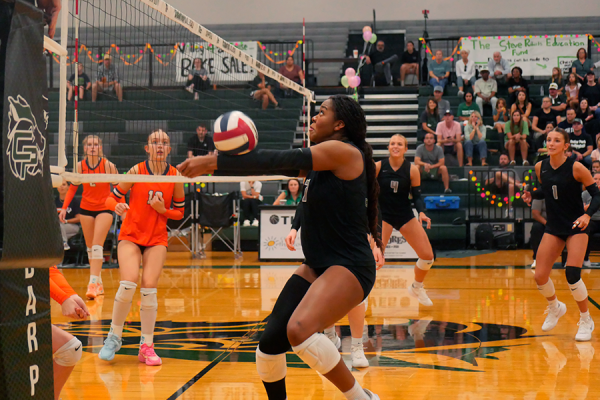The Mental State
Students Reflect On Performing UIL Play, Discuss Preparations for Characters
Students pose together during cabin week, a week where student actors and tech kids came together to practice their UIL performance. Junior John Courtright played Michael Cody, the father of main character Andy. Courtright said preparing for the role took both physical and mental changes. “A lot of my prep for the role [was] trying to find a middle ground between ‘angry alcoholic father’ and just being a good father, but just exhausted,” Courtright said. “Me and Katie Smith, who plays my wife, Angela, worked a lot together to establish our dynamic of being very distant from each other, getting torn apart by our different views on how to take care of our struggling son. To get into character, I took a lot of time before rehearsal just to focus on my physical elements such as my posture. Once I physically feel like him then the mentality soon follows.”
April 2, 2020
Theater serves many purposes. It provides entertainment and acts as an outlet for creativity, but it also brings light to many issues. This year’s UIL performance gave just that in their play, “The Mental State.” The play tackled mental health and school shootings, bringing up situations that many tend to shy away from, all with the help of the actors participating. The play focuses a working class mother named Angela trying to help her schizophrenic son Andy Cady through high school as he struggles with reality and mental illness.
Freshman Ben McDanald played the part of Andy Cady. While practicing for the role, McDanald had to work hard to figure out the right way to accurately present Andy’s schizophrenia while performing.
“I decided that as a schizophrenic, Andy would have many ticks, like not making eye contact, constant fidgeting and different movements with his head and shoulders,” McDanald said. “Backstage I would do these to get into the right mindset of Andy Cady.”
The show taught McDanald that there is always another side to the story. Andy, who is a troubled kid, never meant to hurt anyone, but no one at the school is able to see that, they only see a child with a gun, not a child struggling with mental illness.
“Andy had serious mental issues, and couldn’t get the help he needed, which resulted in him getting killed because of a poor choice,” McDanald said. “He didn’t plan on hurting anyone when he brought a gun to school, but nobody knew that.
McDanald said that the most rewarding part of being part of the play was spending time with the cast and crew and connecting with those involved in the show.
“I’m really happy that I got to work on this show with so many really cool people, and I am thankful for all of the fun times we had together along the way,” McDanald said. “I feel like as a group we really started becoming better friends on our cabin retreat the weekend before competition, which was super fun.”
Junior John Courtright played Michael Cody, the father of main character Andy. Courtright said preparing for the role took both physical and mental changes.
“A lot of my prep for the role [was] trying to find a middle ground between ‘angry alcoholic father’ and just being a good father, but just exhausted,” Courtright said. “Me and Katie Smith, who plays my wife, Angela, worked a lot together to establish our dynamic of being very distant from each other, getting torn apart by our different views on how to take care of our struggling son. To get into character, I took a lot of time before rehearsal just to focus on my physical elements such as my posture. Once I physically feel like him then the mentality soon follows.”
Courtright said that the play opened his eyes to some of the struggles low-income families deal with, specifically with their children.
“As a school, the majority of us are very privileged growing up and don’t have to worry a lot about things like therapy costs and medication prices like the Cady family needed to,” Courtright said. “This show taught me that there are a lot of socio-economic injustices when it comes to mental health that need to be looked into not only by the providers of mental health care, but also as they play an integral part in the development and both physical and mental safety of their students.”
Sophomore Katie Smith, who played Angela Cady said the most challenging part of acting in the show was learning to utilize body language in order to tell the audience what her relationship to each character in the show was.
“We had to make it clear that my character had a healthy relationship with my son that was still strange, and the same goes with my husband,” Smith said. “I had never really done that before and this play really was my first straight play to do. This was outside of my comfort zone and learning those basic acting techniques was definitely a huge learning curve for me.”
Smith said to get into the character she listened to a specific playlist full of multiple worship songs that she imagined would be going through her character’s mind.
“I put songs in there that Andy would like in the playlist because I liked to imagine him blaring it in his room while I’m in the living room hearing it through the walls or songs that my husband in the play and I would be listening to together,” Smith said. “It really helped me get into her mindset since we opened the show with singing and it definitely helped tie it all together for me. One song reminded me of the entire show, it was about a mound of horrible things and using the strength of God to carry you through it, which is Angela’s mindset through the entire show.”
According to Smith, the most rewarding part of being in the show was the people and getting to build friendships with other actors that she knows are going to last for a long time.
“It’s been so magical,” Smith said. “The fact that I know that I have a group of people that are going to be there for me no matter what time or day it is is amazing. I’ve never been a part of a cast that is this tight knit and loving towards each and every person and it’s honestly something I will never forget. They’re amazing people who love what they do and I’m so glad we all have this unbreakable love of theater that brought us all together. Every single person in the show was there for a reason and it is such an impactful show that it just ingrained into me that everything happens for a reason and this cast met each other for a reason.”
Smith also says that performing a play like this holds a lot of significance, including raising awareness for people who cannot get the help they need and deserve.
“The importance of performing plays like “The Mental State” is to fight for those whose voices are being ignored,” Smith said. “It raises awareness for the people that have fallen under the radar and cannot get the help that they deserve. This show is so much more than words on paper that are being read aloud; it’s a call to action.”


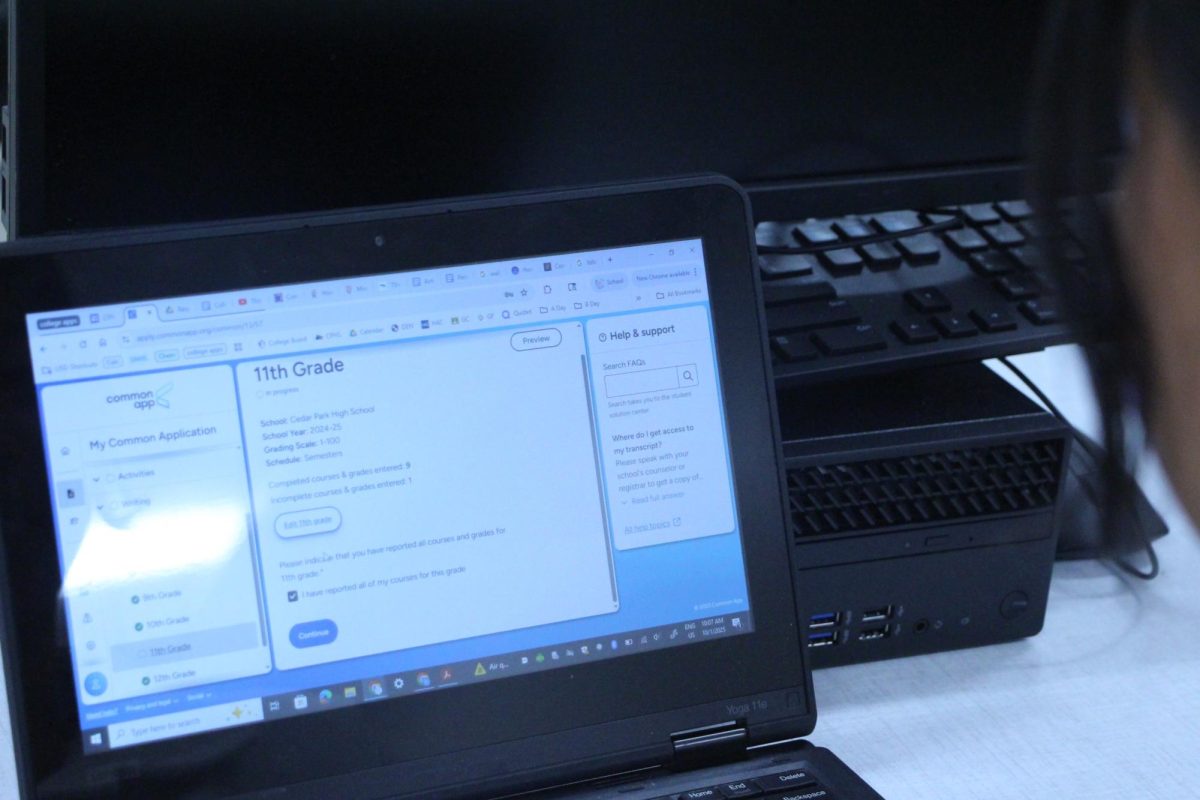



![As her hair blows in the wind, senior Brianna Grandow runs the varsity girls 5K at the cross country district meet last Thursday. Grandow finished fourth in the event and led the varsity girls to regionals with a third place placement as a team. “I’m very excited [to go to regionals],” Grandow said. “I’m excited to race in Corpus Christi, and we get to go to the beach, so that’s really awesome.” Photo by Addison Bruce](https://cphswolfpack.com/wp-content/uploads/2025/10/brianna.jpg)

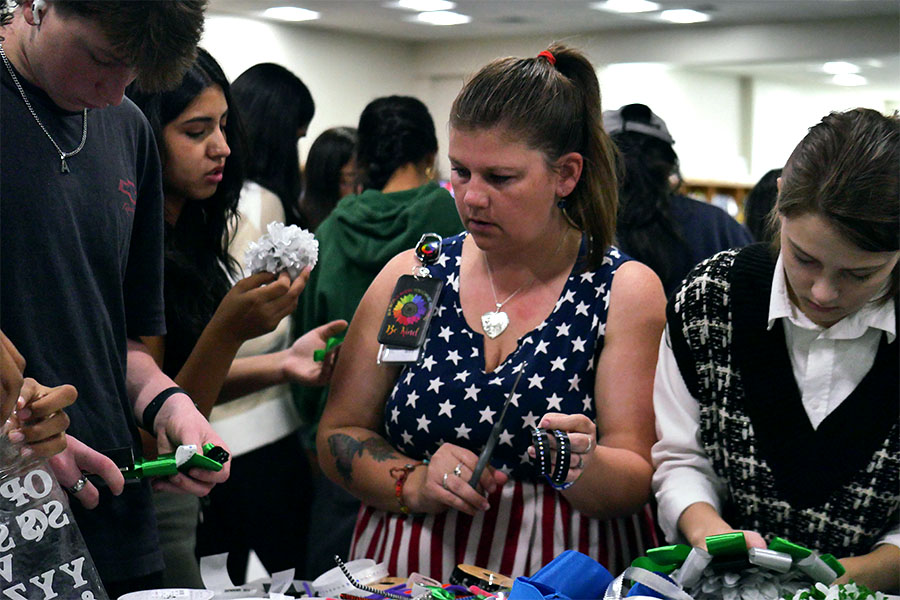
![Broadcast, yearbook and newspaper combined for 66 Interscholastic League Press Conference awards this year. Yearbook won 43, newspaper won 14 and broadcast took home nine. “I think [the ILPC awards] are a great way to give the kids some acknowledgement for all of their hard work,” newspaper and yearbook adviser Paige Hert said. “They typically spend the year covering everyone else’s big moments, so it’s really cool for them to be celebrated so many times and in so many different ways.”](https://cphswolfpack.com/wp-content/uploads/2025/05/edited-ILPC.jpg)





![Sitting with her friend senior Sohpia Struve at last year’s Austin City Limits Festival, senior Ava Zuniga poses for a picture under a pavilion. They are frequent attendees at ACL, an annual music festival at Zilker Park. “I would recommend seeing a bunch of people,” Zuniga said. “This past year, we camped out for Chappell [Roan] for a really long time. I think the whole point of ACL, [which] is a lot of fun, is that you can go see so many different people, even if you don’t know them. So by camping by one person, it really limits yourself from being able to go see a bunch of people.” Photo courtesy of Ava Zuniga](https://cphswolfpack.com/wp-content/uploads/2025/10/EE9E9484-FE6F-4AA0-B5F5-0C177AB32841-1200x857.jpeg)
![Looking down at his racket, junior Hasun Nguyen hits the green tennis ball. Hasun has played tennis since he was 9 years old, and he is on the varsity team. "I feel like it’s not really appreciated in America as much, but [tennis] is a really competitive and mentally challenging sport,” Nguyen said. “I’m really level-headed and can keep my cool during a match, and that helps me play a bit better under pressure.” Photo by Kyra Cox](https://cphswolfpack.com/wp-content/uploads/2025/09/hasun.jpg)

![Bringing her arm over her head and taking a quick breath, junior Lauren Lucas swims the final laps of the 500 freestyle at the regionals swimming competition on date. Lucas broke the school’s 18-year-old record for the 500 freestyle at regionals and again at state with a time of 4:58.63. “I’d had my eye on that 500 record since my freshman year, so I was really excited to see if I could get it at regionals or districts,” Lucas said. “ State is always a really fun experience and medaling for the first time was really great. It was a very very tight race, [so] I was a bit surprised [that I medaled]. [There were] a lot of fast girls at the meet in general, [and] it was like a dogfight back and forth, back and forth.” Photo by Kaydence Wilkinson](https://cphswolfpack.com/wp-content/uploads/2025/03/Kaydence-2.7-23-edit-2.jpg)
![As the support team sits and poses for a photo in the cafeteria with the counseling team they eagerly wait to start their day. "We [all] seem to be a team, I get up every day and there's days where I don't want to go to work today, but I'm thankful that I have a job and I'm blessed to have what I have," Christopherson said. Photo Courtesy of Julie Weltens.](https://cphswolfpack.com/wp-content/uploads/2025/01/AF9E8470-10D7-4C91-BF28-EC8F86BAB66C-1200x852.jpeg)
![Jumping off the ground, senior linebacker Bennett Patton snatches the ball out of the air for an interception at Thursday’s game against Chaparral. Patton had two interceptions in the 56-14 victory, tying the school record for interceptions in a game. “I was just playing the game,” Patton said. “[I’m] going to go into next week, forget about it and stay humble.” Photo by Harper Chapman](https://cphswolfpack.com/wp-content/uploads/2025/09/bennett-interception.jpg)














![Students pose together during cabin week, a week where student actors and tech kids came together to practice their UIL performance. Junior John Courtright played Michael Cody, the father of main character Andy. Courtright said preparing for the role took both physical and mental changes.
“A lot of my prep for the role [was] trying to find a middle ground between ‘angry alcoholic father’ and just being a good father, but just exhausted,” Courtright said. “Me and Katie Smith, who plays my wife, Angela, worked a lot together to establish our dynamic of being very distant from each other, getting torn apart by our different views on how to take care of our struggling son. To get into character, I took a lot of time before rehearsal just to focus on my physical elements such as my posture. Once I physically feel like him then the mentality soon follows.”](https://cphswolfpack.com/wp-content/uploads/2020/03/IMG_6433.jpg)

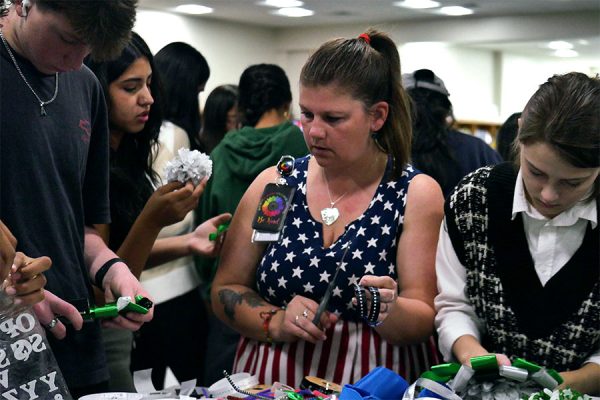
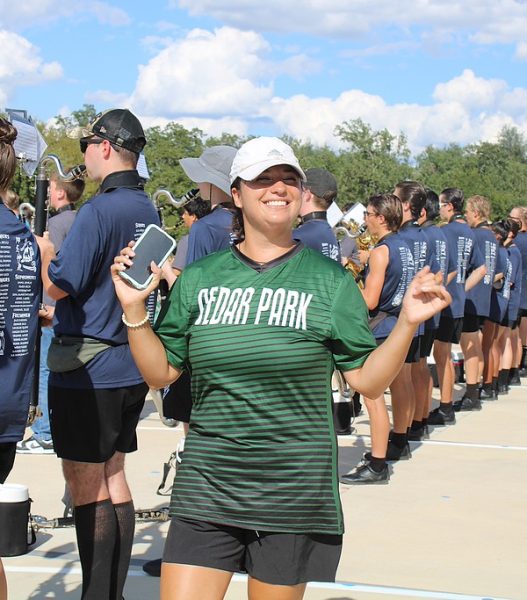





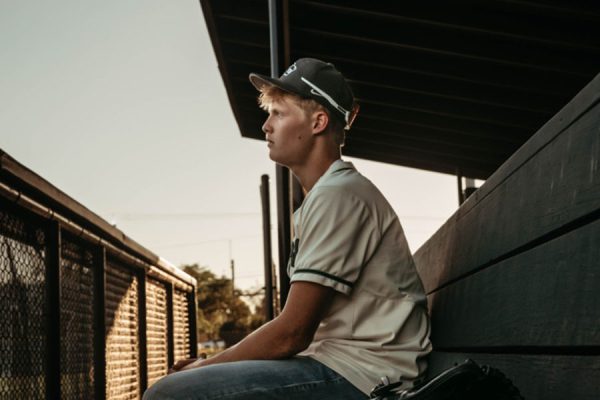


![The fire department came to the school after students were evacuated when smoke started coming from the ceiling of a classroom. All students and staff are safe. “All of my friends left their stuff too, so we couldn’t contact our parents, and it was stressful,” senior Brynn Fowler said. “It was scary because I didn’t know [what was going on], and I couldn’t find anyone because it was a big crowd.” Photo by Anthony Garcia](https://cphswolfpack.com/wp-content/uploads/2025/09/firetruck-300x200.jpg)


![Finishing her night out after attending a local concert, senior Grace Sauers smiles at the camera. She recently started a business, PrettySick, that takes photos as well as sells merch at local concert venues. Next year, she will attend Columbia Chicago College majoring in Graphic Design. “There's such a good communal scene because there [are] great venues in Austin,” Sauers said. “I'm gonna miss it in Austin, but I do know Chicago is good, it's not like I'm going to the middle of nowhere. I just have to find my footing again.” Photo Courtesy of Grace Sauers.](https://cphswolfpack.com/wp-content/uploads/2025/04/Grace-300x225.png)


